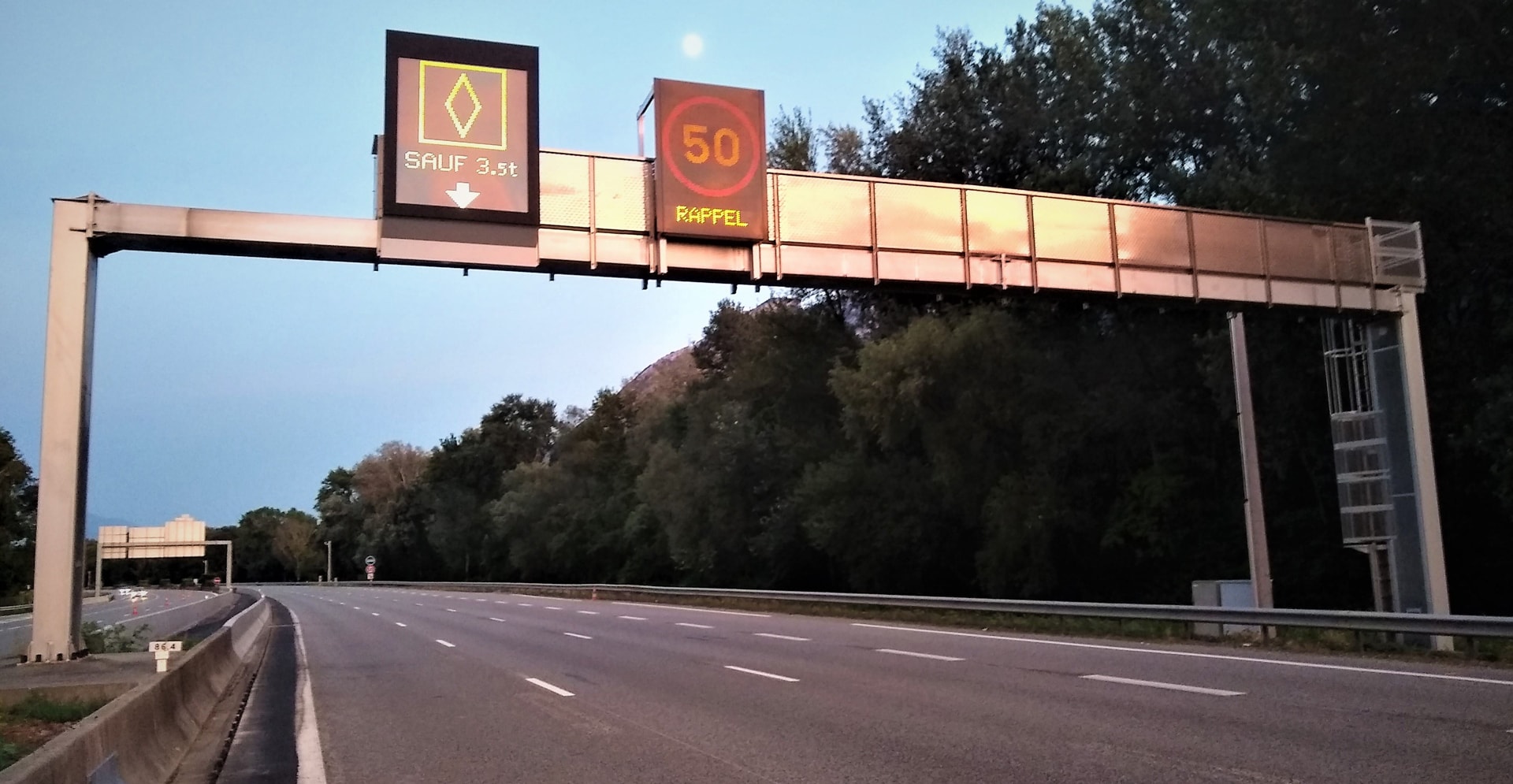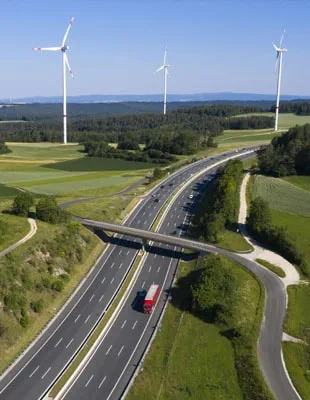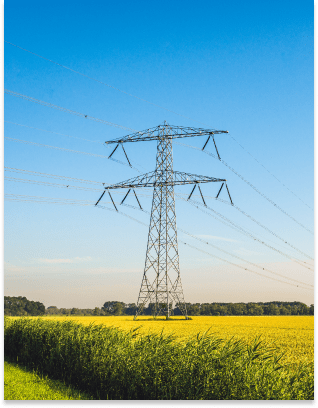Table of Contents
The challenge
The approach to Grenoble via highway A48 is often jammed. The number of drivers alone in their cars increases this congestion, but also the amount of pollution.
8 km
In the face of chronic traffic congestion at peak times on the A48 highway, at the approach to Grenoble, and the pollution generated by this congestion, highway manager AREA/APRR decided to take action to promote more sustainable mobility habits and improve the daily lives of motorists.
The solution
Arcadis has designed and built a new smart HOV lane on the A48 highway that is able to adapt to traffic conditions: a first in France.
10 minutes
To encourage cleaner driving practices, AREA/APRR chose Arcadis to design and construct a special HOV lane and to ensure compliance with the rules for traveling in this lane.
-
READ MORE
Arcadis led the way on an innovative project on a French highway: the design of a system making it possible to reserve a lane for carpooling drivers when traffic becomes congested.
Arcadis designed and implemented the entire system, capable of adapting to traffic conditions. When a traffic jam occurs, the solution activates. An automatic detection system allows the number of passengers per vehicle to be counted. The carpool lane is marked with a new road sign: a white diamond. It is limited to 50 km/h and reserved for carpooling vehicles, non-polluting (Crit'air 0) vehicles and taxis.
The first HOV lane on the highway in France has been in operation since September 30, 2020 on the A48, on an 8-km stretch between Voreppe and St-Égrève.

The impact
The introduction of this first HOV lane will enable users to save 10 minutes on their journey time, improve air quality and encourage more sustainable mobility habits.
1st
The first of its kind in France, this 8-km HOV lane brings to life the desires of communities and the nation to encourage carpooling and change mobility habits to encourage behaviors that are more environmentally friendly. Encouraging vehicle users to carpool is thus an important lever for reducing the carbon footprint of motor vehicle travel and improving air quality. In addition, the new infrastructure is expected to save 10 minutes of travel time for the motorists using it and to reduce traffic congestion.
Behind the solution

If you have any questions or for further information, please contact Raji Arasu
EVP, Platform Services and Emerging Technologies, and Chief Technology Officer at Autodesk
Not done reading?
This also might be interesting for you
- Related Projects
- Related Insights
- Related Blogs














